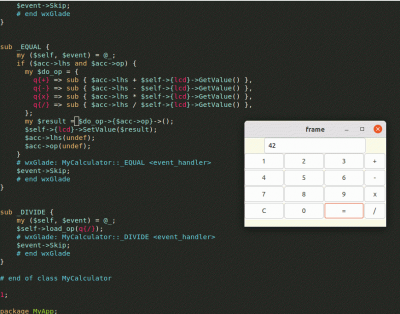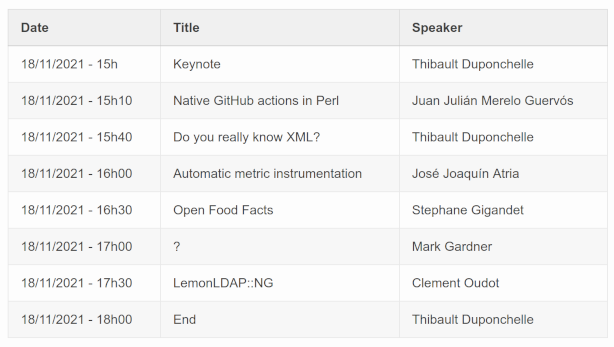Perl Weekly Challenge 191: Twice Largest and Cute List
These are some answers to the Week 191 of the Perl Weekly Challenge organized by Mohammad S. Anwar.
Spoiler Alert: This weekly challenge deadline is due in a few days from now (on November, 20, 2022 at 23:59). This blog post offers some solutions to this challenge. Please don’t read on if you intend to complete the challenge on your own.
Task 1: Twice Largest
You are given list of integers, @list.
Write a script to find out whether the largest item in the list is at least twice as large as each of the other items.
Example 1




